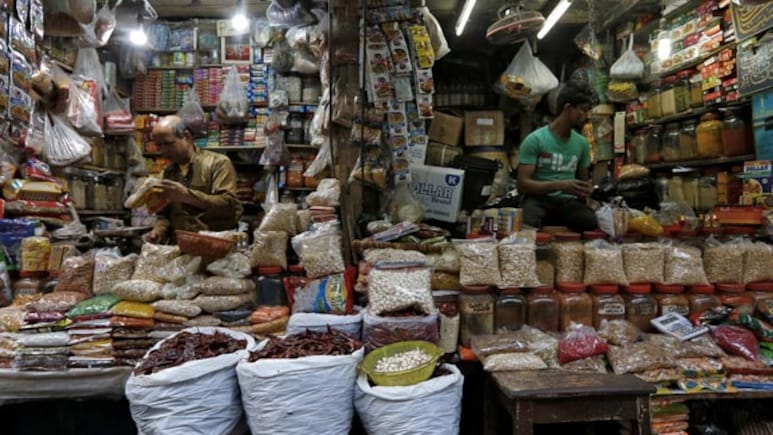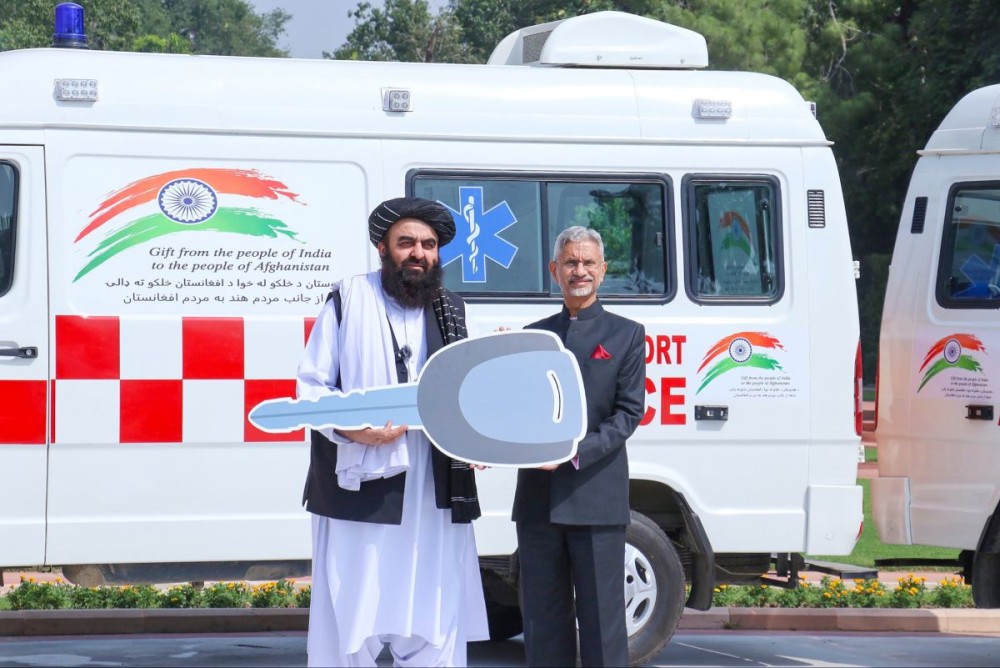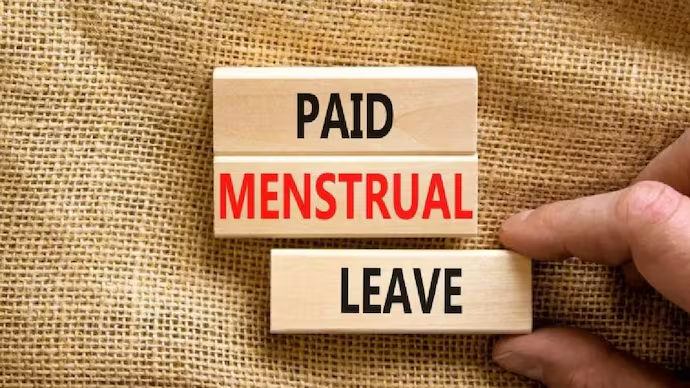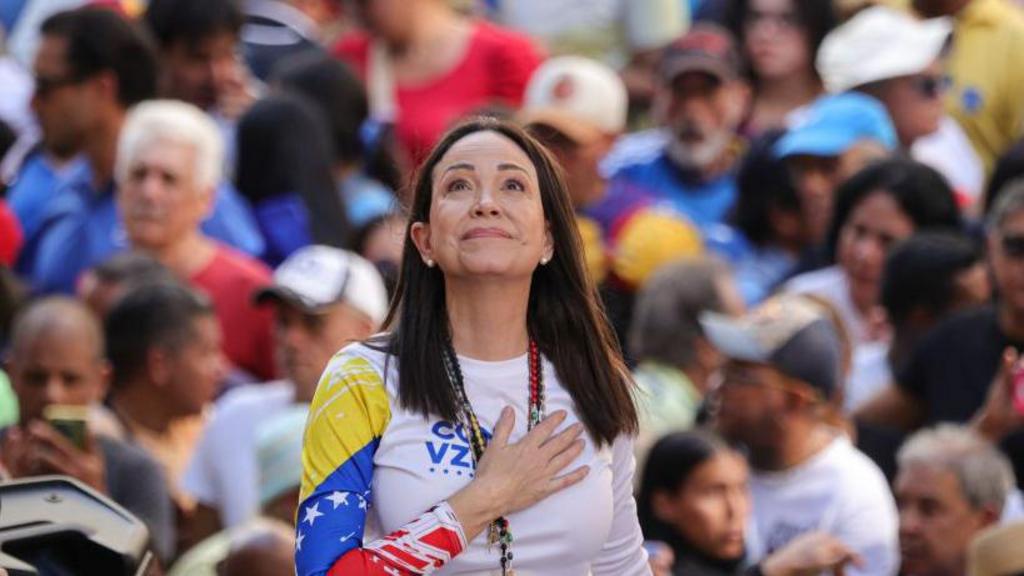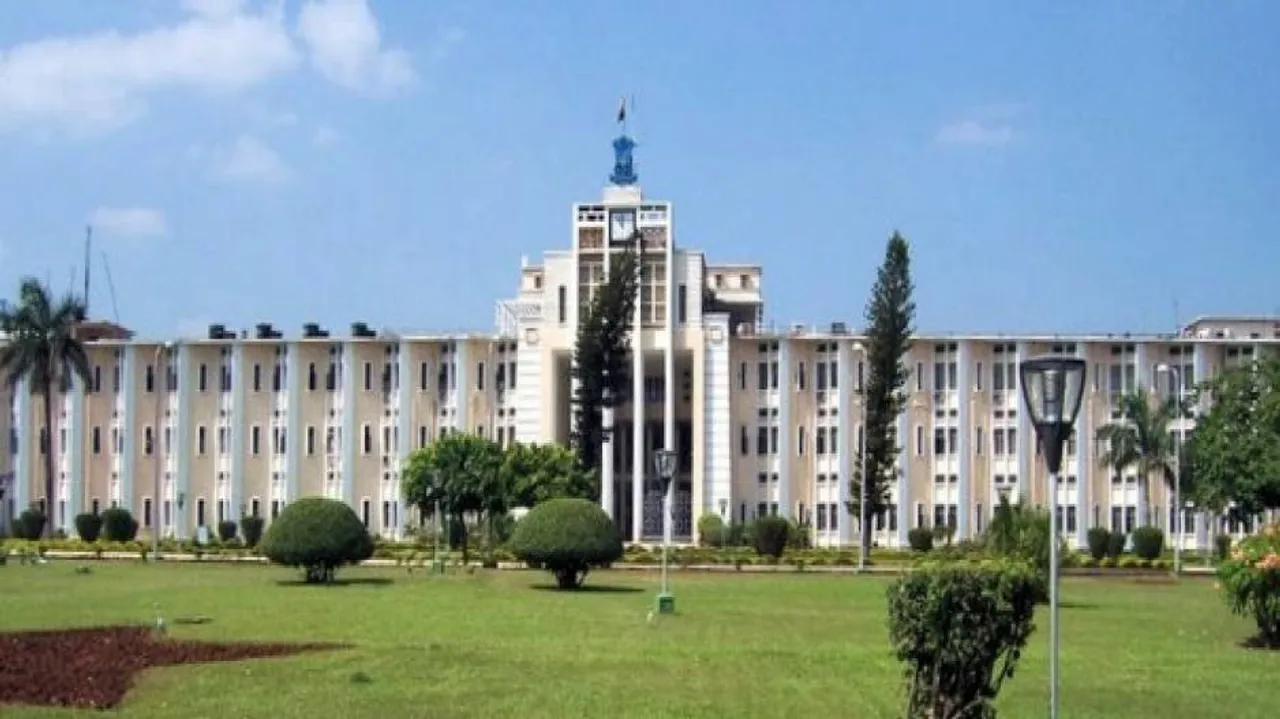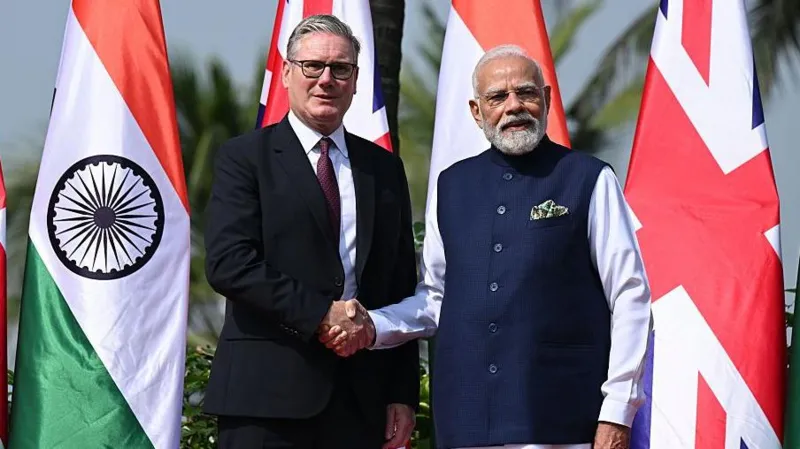New Delhi, 2025 – After rolling out several income tax concessions earlier this year, the Centre is now eyeing a significant reform in the Goods and Services Tax (GST) regime aimed at benefiting middle and lower-income households. According to top sources, the government is actively considering removing the 12% GST slab altogether or reclassifying several everyday items into the lower 5% bracket, potentially making dozens of essential and semi-essential products more affordable.
What Could Get Cheaper?
Items likely to be shifted from the 12% slab to the 5% GST bracket include:
-
Toothpaste, tooth powder, and hair oil
-
Umbrellas, sewing machines, pressure cookers, and kitchen utensils
-
Electric irons, geysers, and low-capacity washing machines
-
Bicycles, readymade garments priced over ₹1,000, and footwear between ₹500-₹1,000
-
Stationery items, school supplies like geometry boxes and colouring books
-
Diagnostic kits, vaccines, and select ayurvedic and unani medicines
-
Ceramic tiles, agricultural tools, and solar water heaters
This restructuring directly benefits middle-class families and economically weaker sections who rely on these items for daily living.
Financial Implications
The reform, if implemented, is expected to cost the government ₹40,000–₹50,000 crore annually. However, officials believe the long-term gain will outweigh the initial revenue loss. The idea is that lower prices will drive consumption, expand the tax base, and eventually boost overall GST revenue.
Finance Minister Nirmala Sitharaman recently hinted at the government’s intention to streamline the GST structure to make it more rational and people-friendly.
Political Pushback and Road Ahead
Despite the Centre’s willingness, no consensus has yet been reached among the states. As per GST Council rules, any rate change must be approved by the council, which includes voting rights for all states. Punjab, Kerala, Madhya Pradesh, and West Bengal are reportedly opposing the proposal.
The 56th GST Council meeting, expected later this month, will likely take up the matter. A 15-day prior notice is required to convene the council meeting, which could delay the decision if consensus remains elusive.
The Bigger Picture
India currently operates with a multi-tiered GST structure: 0%, 5%, 12%, 18%, and 28%. The 12% slab typically includes goods of frequent use but not classified as absolute essentials. Removing or downsizing this slab could be a game-changer, especially ahead of upcoming state elections and as the Centre sharpens its focus on domestic consumption-led growth.


